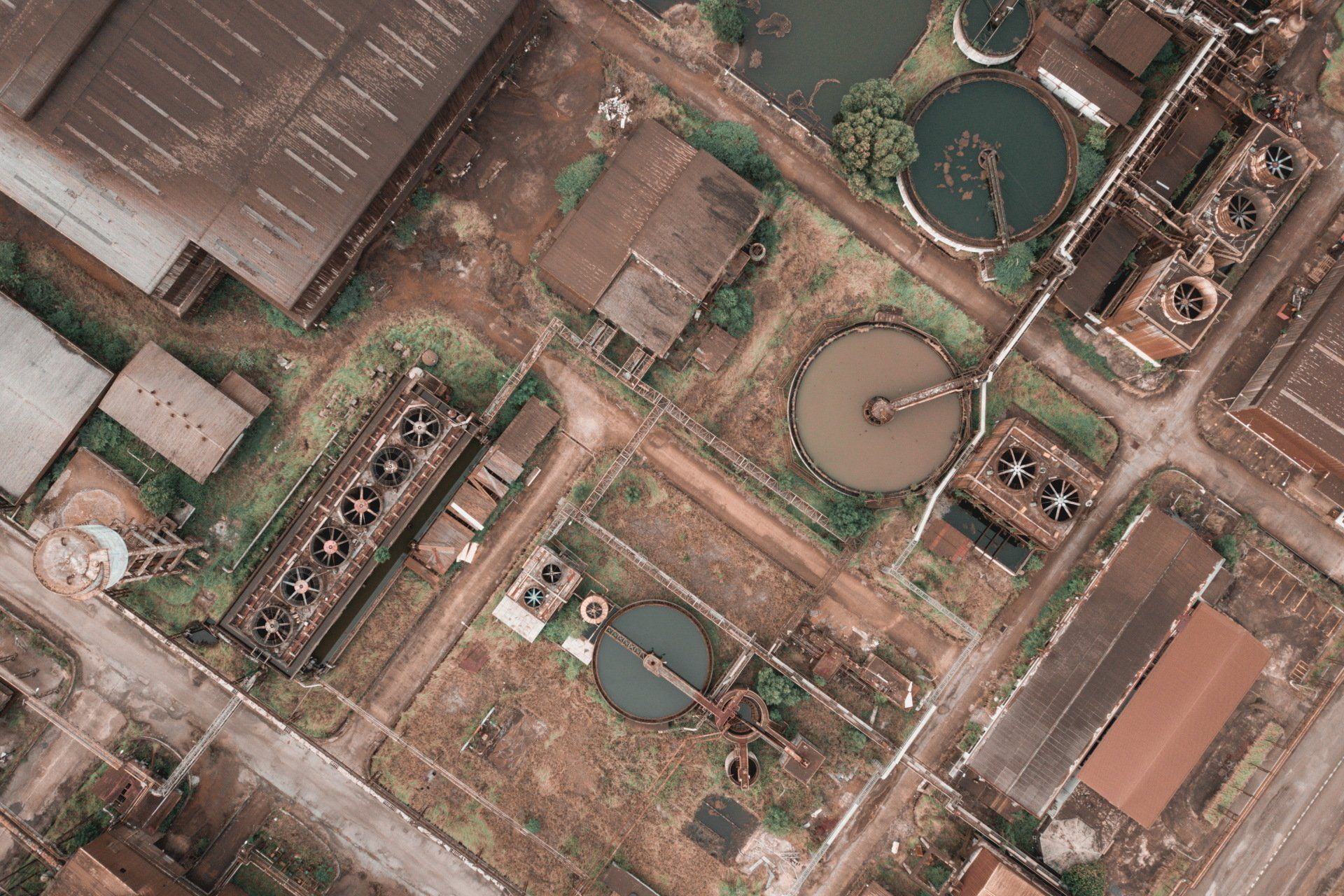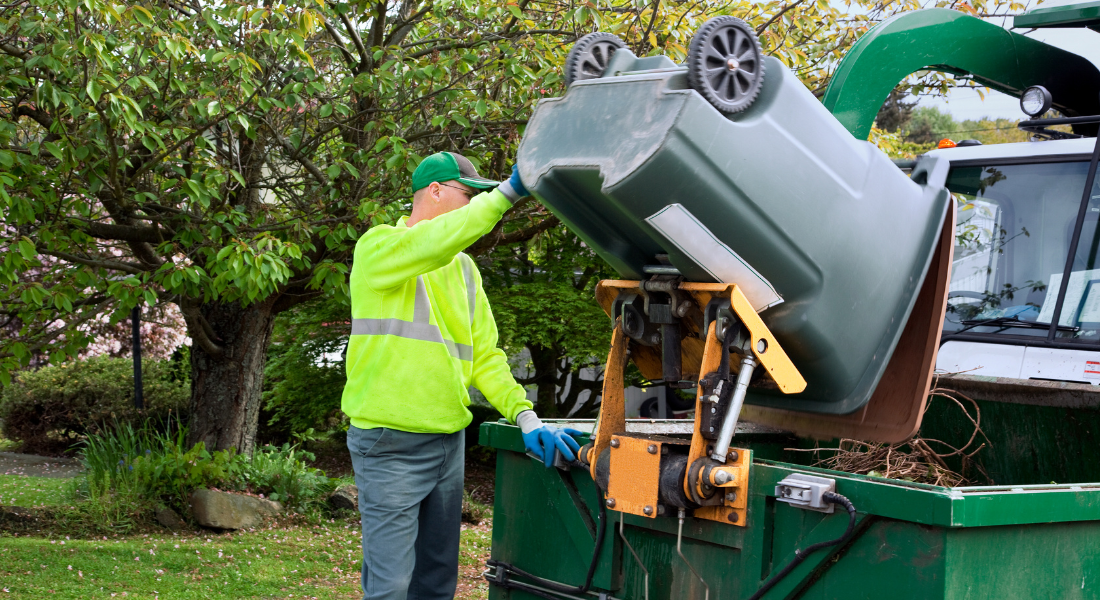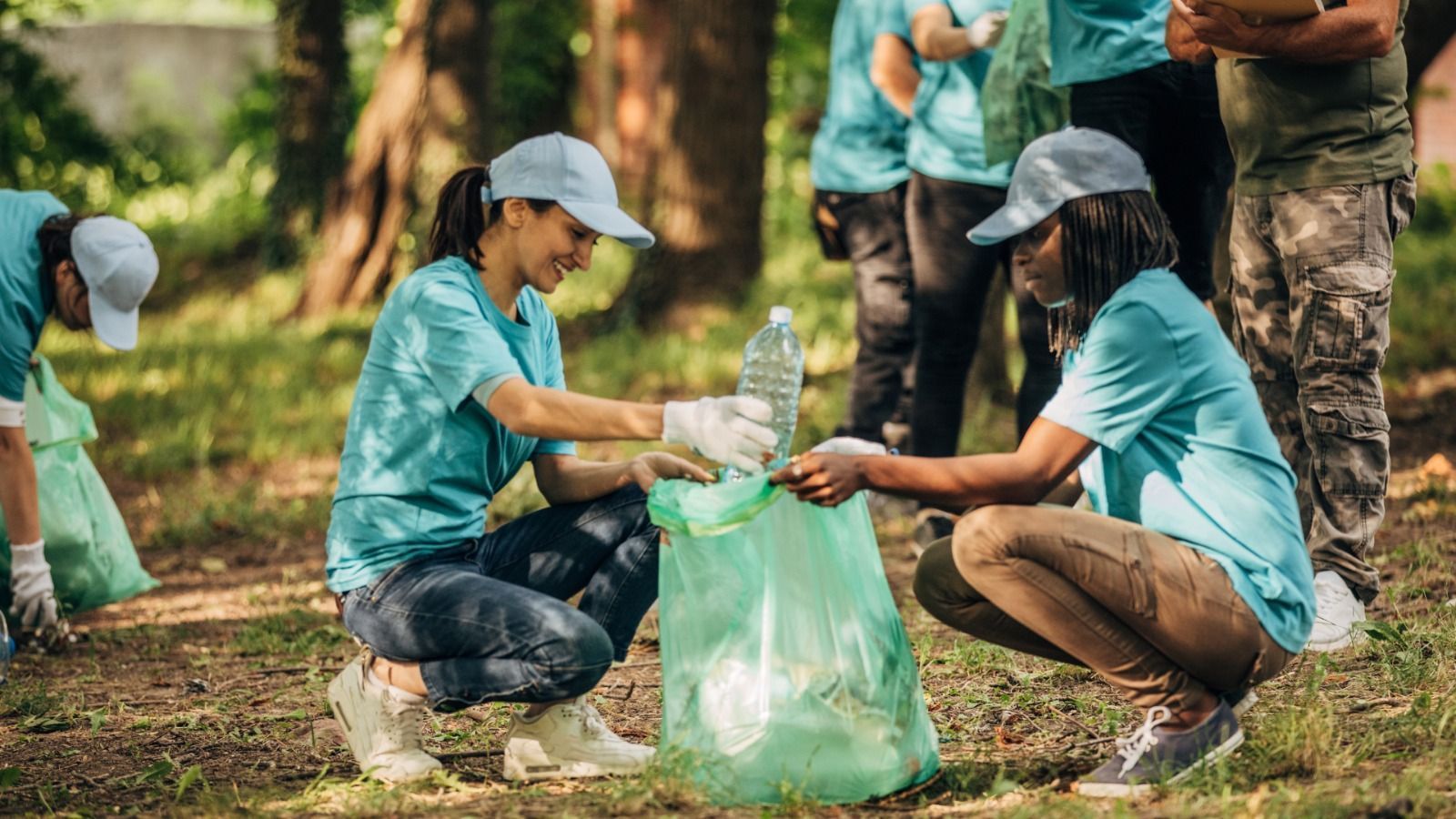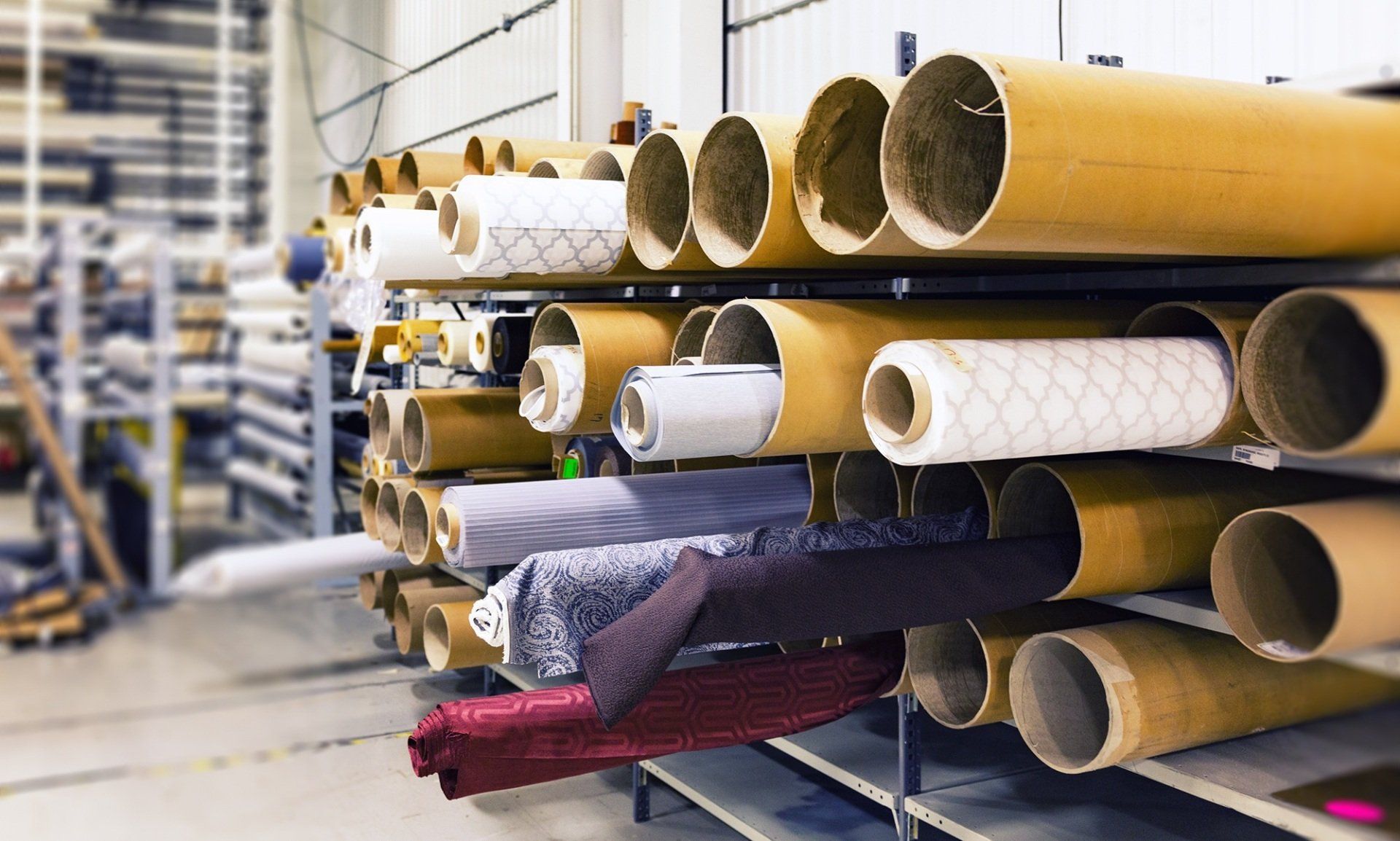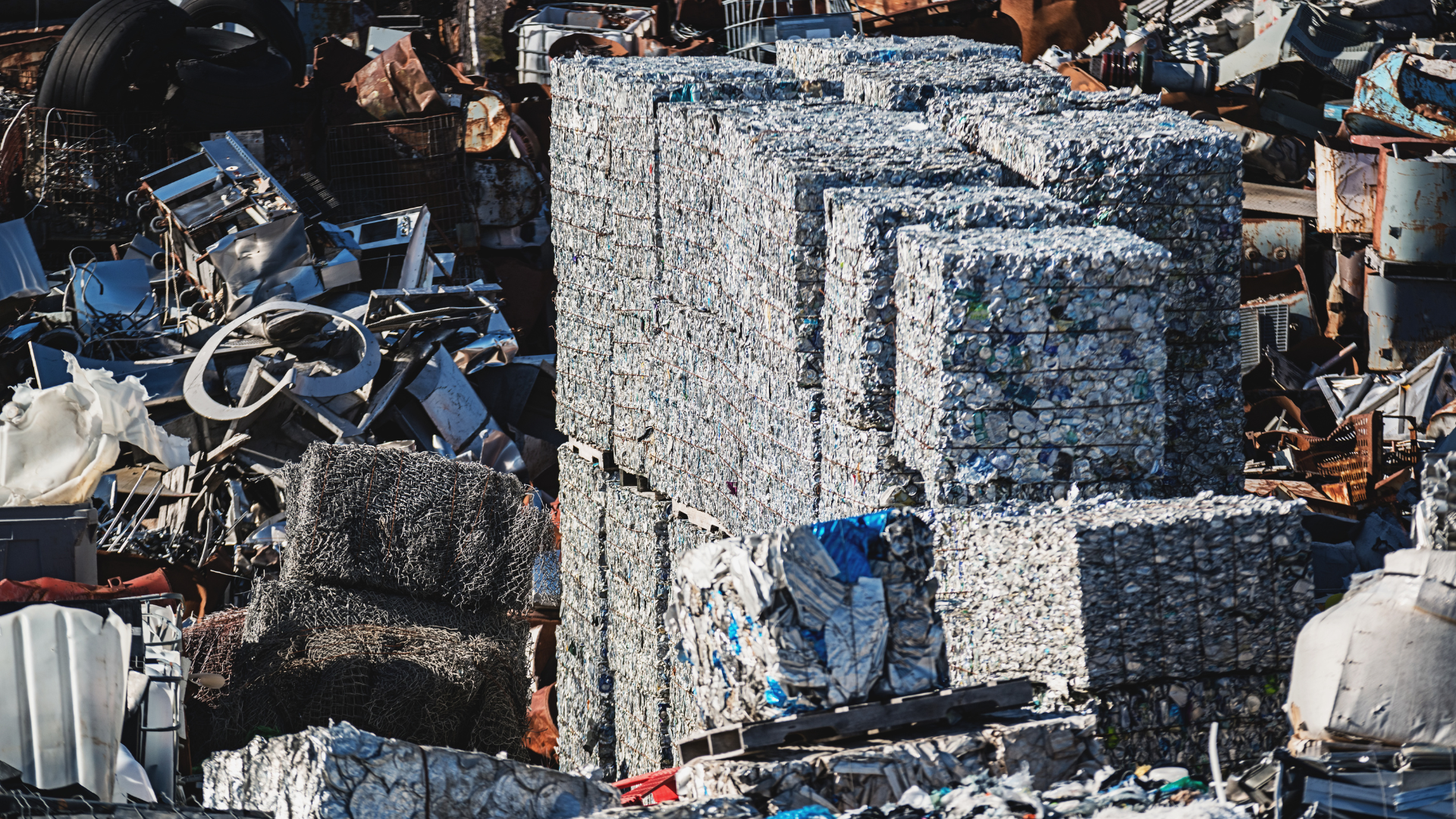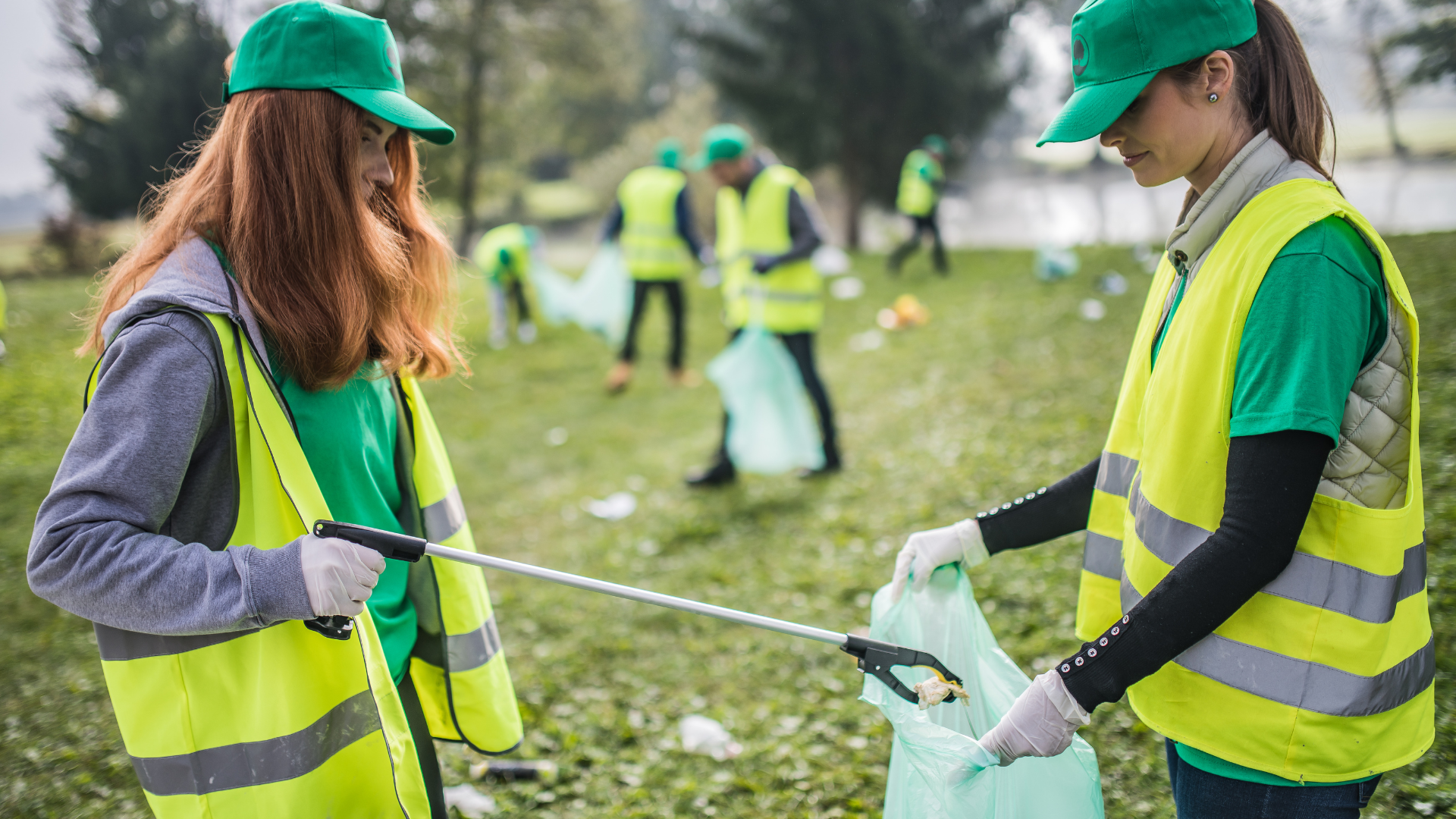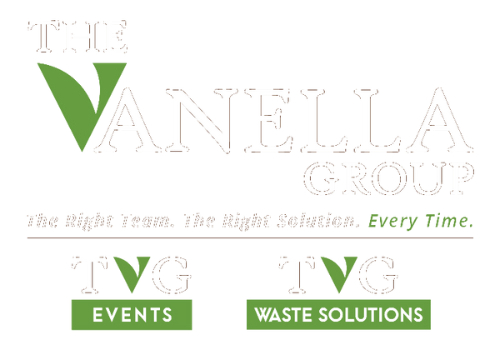How to improve waste costs at your company
December 15, 2022
How to improve waste costs at your company

There are several ways to reduce waste costs at your company:
By composting food and other organic waste, your company can significantly reduce the amount of waste it sends to landfills, where it can take decades to break down. In addition to reducing waste, composting can also save your company money on disposal costs. Instead of paying to dispose of organic waste, you can use the compost produced on-site or sell it to others who can use it. Setting up a composting program can be as simple as providing bins for employees to compost their organic waste and partnering with a waste management company that offers composting services. Overall, implementing a composting program is a simple and effective way for your company to reduce its waste, save money, and support the environment.
Some factors to consider when choosing a waste management company include the types of waste they can handle, the services they offer, their experience and reputation, and their environmental practices. You should also consider the location of the company and how far they will have to transport your waste, as this can affect the overall cost of the service. By taking the time to research and compare waste management companies, you can make an informed decision that is best for your company and the environment.
There are several ways to educate employees on waste reduction:
By educating employees on waste reduction and providing them with the resources they need to make a difference, you can create a culture of sustainability and help your company reduce its waste and save money.
There are several ways to track and measure waste:
By tracking and measuring waste, you can identify areas for improvement and take action to reduce waste and save money. This can help your company become more sustainable and cost-effective.
- Reduce the amount of waste produced: One way to reduce waste costs is to reduce the amount of waste your company produces in the first place. This can be achieved through a variety of methods, including reducing packaging, using reusable containers, and recycling or reusing materials.
- Implement a recycling program: Recycling can help reduce the amount of waste your company produces and save on disposal costs. Consider setting up a recycling program for paper, plastic, glass, and other materials.
- Implement a composting program: Composting food and other organic waste can reduce the amount of waste your company produces and save on disposal costs.
- Choose a waste management company carefully: Carefully research and compare waste management companies to find one that offers competitive rates and has a good track record of responsible waste disposal practices.
- Negotiate with waste management companies: Don't be afraid to negotiate with waste management companies to get the best rate for your company.
- Educate employees on waste reduction: Educate employees on the importance of waste reduction and provide them with the tools and resources they need to reduce waste in their work areas.
- Track and measure waste: Keep track of the amount of waste your company produces and the costs associated with waste disposal. This will help you identify areas where you can reduce waste and save money.
Reduce the amount of waste produced
- Reduce packaging: One way to reduce waste is to use less packaging or to switch to packaging that is more easily recyclable. For example, you could use reusable containers instead of single-use packaging, or you could switch to packaging made from recycled materials.
- Use reusable containers: Consider using reusable containers or packaging materials instead of disposable ones. This can help reduce waste and save money on packaging costs.
- Recycle or reuse materials: Instead of throwing materials away, look for ways to recycle or reuse them. For example, you could recycle paper, cardboard, plastic, and glass, or you could reuse office supplies like envelopes, folders, and pens.
- Repair or refurbish products: Instead of throwing away broken or worn-out products, consider repairing or refurbishing them. This can help extend the life of the product and reduce the amount of waste your company produces.
- Donate or sell usable items: If your company has usable items that are no longer needed, consider donating or selling them instead of throwing them away. This can help reduce waste and may also provide a tax benefit for your company.
Implement a recycling program
Implementing a recycling program can be a simple and effective way to reduce the amount of waste your company produces, save money on disposal costs, and help the environment. Recycling involves collecting and processing materials that would otherwise be discarded and turning them into new products. By setting up a recycling program for common materials like paper, plastic, glass, and metal, your company can make a significant impact on reducing waste and conserving natural resources. Not only will a recycling program help reduce your company's environmental footprint, it can also improve your company's image and potentially save you money on waste disposal costs. Setting up a recycling program can be as simple as providing bins for employees to recycle their waste and partnering with a waste management company that offers recycling services. Overall, implementing a recycling program is a simple and effective way for your company to reduce its waste and make a positive impact on the environment.Implement a composting program
Implementing a composting program is a great way for your company to reduce the amount of waste it produces and save on disposal costs. Composting is the process of breaking down organic materials, such as food scraps and yard waste, into a rich, soil-like substance called compost. This compost can then be used to fertilize gardens, landscaping, and agriculture.By composting food and other organic waste, your company can significantly reduce the amount of waste it sends to landfills, where it can take decades to break down. In addition to reducing waste, composting can also save your company money on disposal costs. Instead of paying to dispose of organic waste, you can use the compost produced on-site or sell it to others who can use it. Setting up a composting program can be as simple as providing bins for employees to compost their organic waste and partnering with a waste management company that offers composting services. Overall, implementing a composting program is a simple and effective way for your company to reduce its waste, save money, and support the environment.
Choose a waste management company carefully
Choosing a waste management company is an important decision for any business, as it can have a significant impact on your company's waste costs and environmental impact. When selecting a waste management company , it is important to carefully research and compare your options to find a company that offers competitive rates and has a good track record of responsible waste disposal practices.Some factors to consider when choosing a waste management company include the types of waste they can handle, the services they offer, their experience and reputation, and their environmental practices. You should also consider the location of the company and how far they will have to transport your waste, as this can affect the overall cost of the service. By taking the time to research and compare waste management companies, you can make an informed decision that is best for your company and the environment.
Educate employees on waste reduction
Educating employees on waste reduction can be a key factor in helping your company reduce its waste and save money. By raising awareness and providing employees with the tools and resources they need to reduce waste in their work areas, you can make a significant impact on your company's waste management efforts.There are several ways to educate employees on waste reduction:
- Provide training: Offer training on the importance of waste reduction and how employees can reduce waste in their work areas.
- Display posters or flyers: Put up posters or flyers around the office that provide tips on waste reduction and encourage employees to recycle and compost.
- Use email or newsletters: Use email or newsletters to communicate information about waste reduction and provide tips and resources for employees.
- Set up a recycling program: Set up a recycling program and provide employees with the tools they need to recycle their waste, such as bins and labels.
By educating employees on waste reduction and providing them with the resources they need to make a difference, you can create a culture of sustainability and help your company reduce its waste and save money.
Track and measure waste
Tracking and measuring waste is an important step in reducing the amount of waste your company produces and saving money on waste disposal costs. By keeping track of the amount of waste your company generates and the costs associated with waste disposal, you can identify areas where you can reduce waste and save money.There are several ways to track and measure waste:
- Set up a waste tracking system: Use a spreadsheet or software program to track the amount of waste your company produces, the types of waste, and the costs associated with waste disposal.
- Conduct a waste audit: Conduct a waste audit to identify the sources of waste in your company and the types of waste being generated. This can help you target specific areas for waste reduction.
- Establish baseline data: Establish baseline data on your company's waste generation and costs so you can track progress over time.
- Set waste reduction goals: Set waste reduction goals for your company and track progress towards meeting those goals.
By tracking and measuring waste, you can identify areas for improvement and take action to reduce waste and save money. This can help your company become more sustainable and cost-effective.
GET IN TOUCH TODAY
TVG Waste Consulting
provides proactive environmental consulting services. We're dedicated to saving you time, money, and making sure you have a custom solution to meet your needs.
Contact us
today!
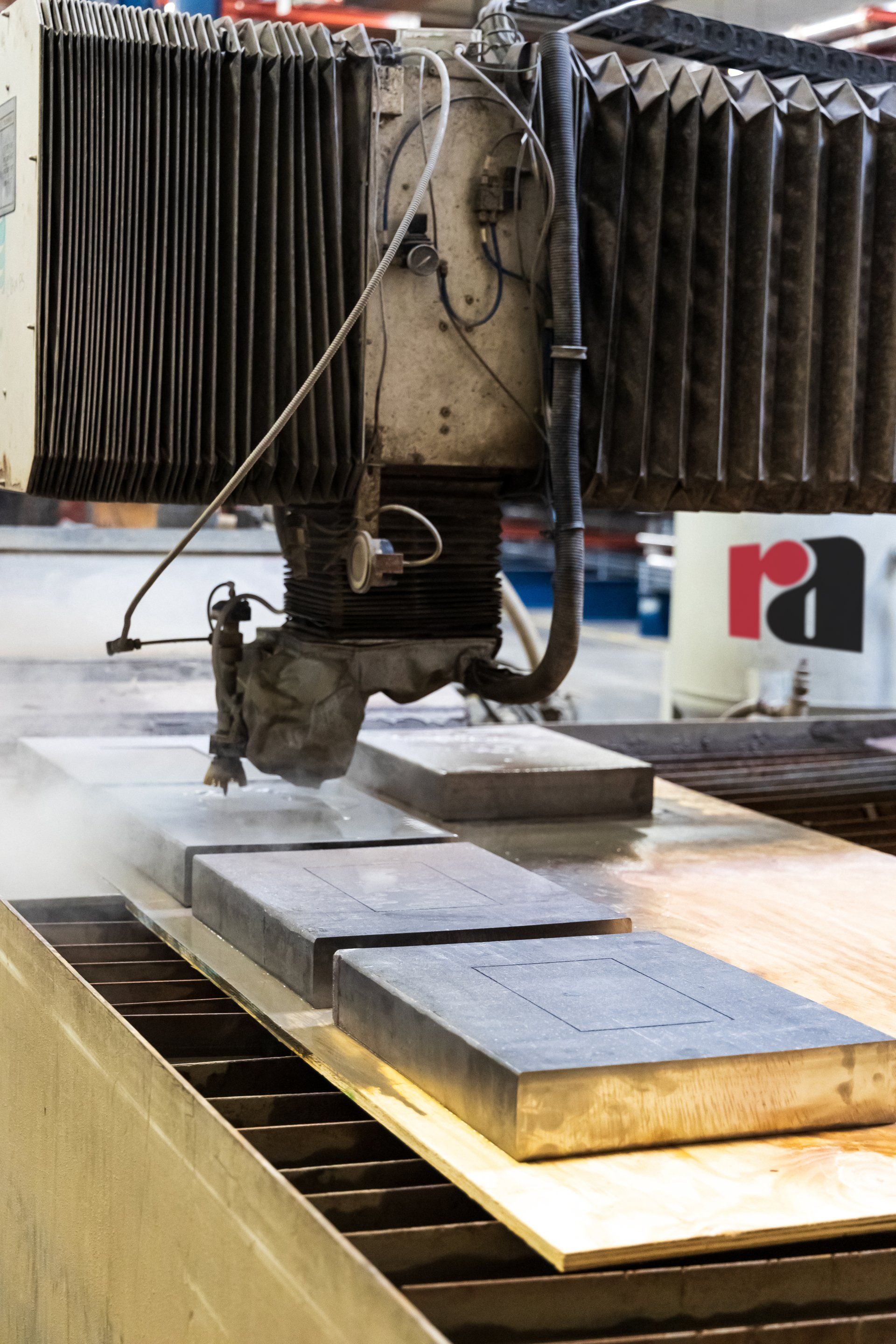
Strategizing on waste solutions goes beyond the confines of the business premises. It extends to the choice of suppliers and partners that a business collaborates with. Working with eco-friendly suppliers means that the products entering the manufacturing process are already optimized for minimal waste.
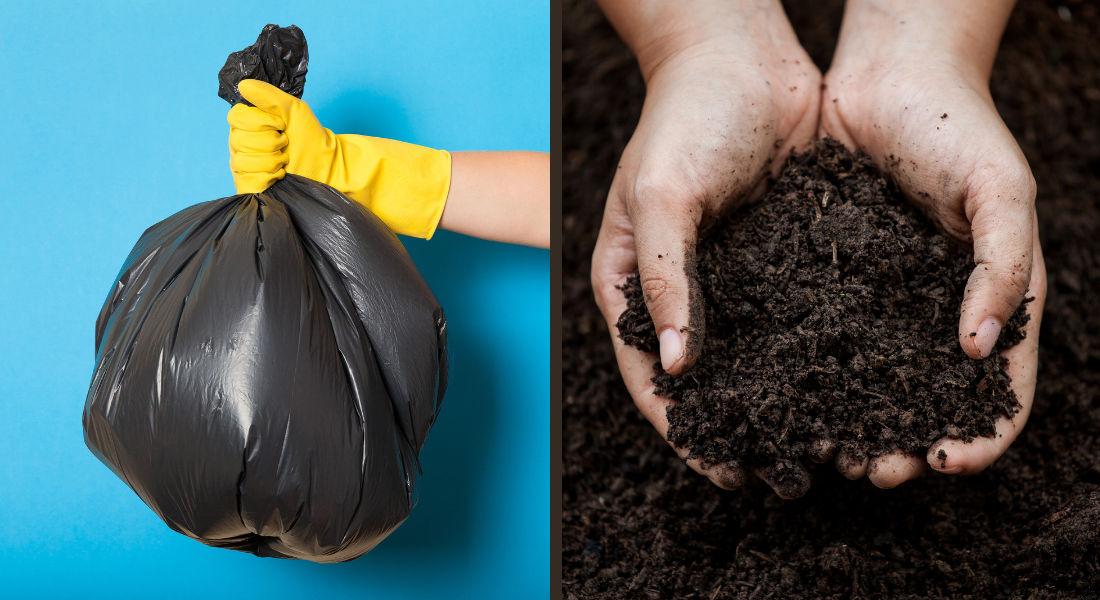
That crumpled receipt. The worn-out tennis shoes with the holes. The leftover spaghetti that's been in the fridge just a little too long. When we're ready to get rid of our waste, we toss it in the bin without a second thought. But where does our trash go after it leaves our homes? What happens to it next? The life cycle of garbage is more complex than you might think. By understanding the path our waste takes, we can make more informed choices to reduce its environmental impact.

